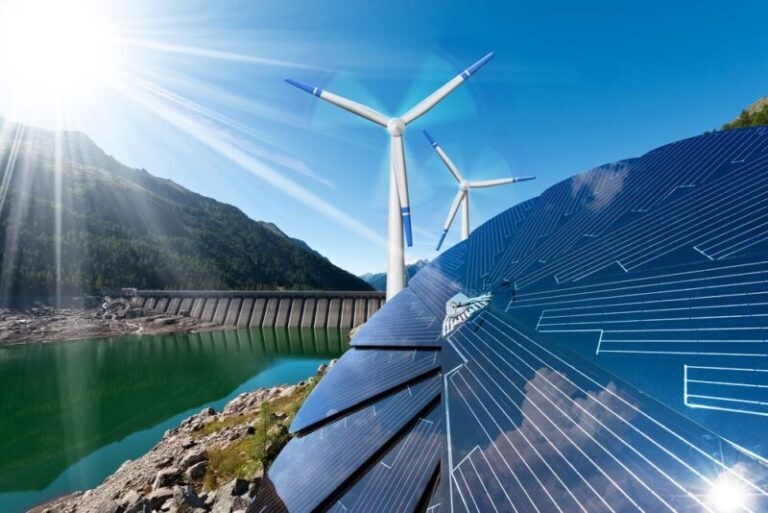Already a pioneer in renewable energy, Morocco confirms its central role in the global energy transition through large-scale projects such as Xlinks, an ambitious underwater network connecting the Kingdom to the United Kingdom.
A strategic project for the energy future of Europe
According to Khalid Laraki, an expert at the International Atomic Energy Agency, Morocco benefits from an exceptional solar and wind potential, making it a key supplier of clean energy for Europe. With Xlinks, a project estimated at over £20 billion, the country is taking a new step forward.
This project of 3,800 km of underwater cables will deliver 100% renewable electricity to the United Kingdom, covering the energy needs of nearly 7 million British households. Scheduled to be operational by 2026, Xlinks represents a major technological challenge, requiring more than 90,000 tons of steel for its construction.
An economic and technological leverage for Morocco
Beyond the energy benefits, this project represents a top-tier economic opportunity for Morocco. It is expected to generate over 2,000 permanent jobs in strategic sectors such as construction, maintenance, and renewable energy engineering.
With its infrastructures like the Noor power plant in Ouarzazate, Morocco is consolidating its leadership in the green energy sector. Its production surplus not only allows it to meet its internal needs but also positions it as a key player in European energy supply.
A model for the global energy transition
The support of the British government, which has described Xlinks as a project of national importance, reflects the strategic interest of this initiative. It could even inspire other countries seeking to secure their energy supply while reducing their carbon footprint.
With Xlinks and other investments in renewable energies, Morocco positions itself as a key player in the global energy transition, offering Europe a sustainable and reliable alternative to its traditional energy sources.
With L’Opinion.


